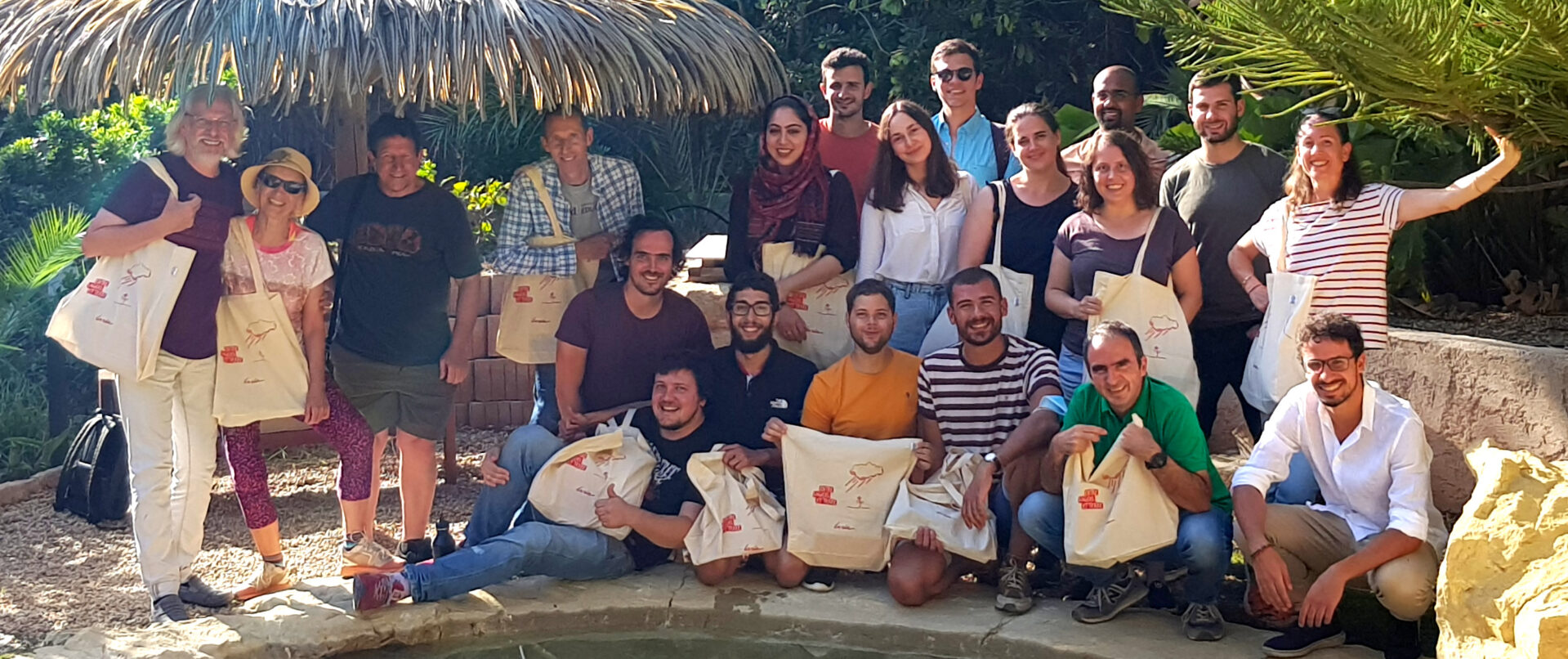French Funding Initiatives
NF-FOUNDS PC9 PEPR 5G (2023 – 2030)
- Project Title: Networks of the Future – Foundations of Future Communications Networks
- Program: ANR-22-PEFT-0010
- Coordinator: CEA (Dmitri Kténas), CNRS (Serge Verdeyme), IMT (Daniel Koffman)
- Other Partners: EURECOM
The 5G network and the networks of the future represent a key issue for French and European
industry, society and digital sovereignty. This is why the French government has decided to launch a
dedicated national strategy. One of this strategy’s priority ambitions is to produce significant public
research efforts so the national scientific community contributes fully to making progress that clearly responds to the challenges of 5G and the networks of the future. In this context, the CNRS,
the CEA and the Institut Mines-Télécom (IMT) are co-leading the ‘5G’ acceleration PEPR to support
upstream research into the development of advanced technologies for 5G and the networks of the
future. NEO is involved in the theme “Networks and Telecommunications” and more specifically in
the “projet ciblé 9 (PC9)” Foundations of Future Communications Networks (FOUNDS).
ANR PARFAIT (October 2021 – September 2025)
- Project Title: Planning And leaRning For AI-Edge compuTing
- Coordinator: Avignon Univ.
- Other Partners: Conservatoire National des Arts et Métiers (CNAM), Université Savoie Mont Blanc (USMB)
The PARFAIT project develops theoretical foundations for distributed and scalable resource allocation schemes on edge computing infrastructures tailored for AI-based processing tasks. Algorithmic solutions will be developed based on the theory of constrained, delayed, and distributed Markov decision processes to account for edge service orchestration actions and quantify the effect of orchestration policies. Furthermore, using both game and team formulations, the project will pave the way for a theory of decentralized orchestration, a missing building block necessary to match the application quest for data proximity and the synchronization problems that arise when multiple edge orchestrators cooperate under local or partial system view. Finally, to achieve efficient online edge service orchestration, such solutions will be empowered with reinforcement learning techniques to define a suit of orchestration algorithms able to at once adapt over time to the applications’ load and cope with the uncertain information available from AI-based applications’ footprints.
AO BPI/PLR/PIA 5G Events Lab (November 2020 – November 2023)
- Coordinator: Orange
- Other Partners: CEA Saclay, Ericsson.
The project aims to boost economic activity in the event, cultural and sports sectors, around major Olympic sites in France where Orange and its partners offer increased 5G coverage, technological platforms and appropriate support allowing companies to appropriate these technologies and incubate innovations in the field of services to spectators and organizers.
Project GRAPE – Game TheoReticAl Tools for Pricing thE Grid funded by the Programme Gaspard Monge (PGMO) from the Fondation Mathématique Jacques Hadamard (FMJH).
This project aims at developing theoretical tools for modeling and optimizing smart grids. A hierarchical competitive game theoretic approach is at the core of new models in which users are rational players in a game whose parameters (prices) are determined by the supplier(s), which can also be viewed as a leader in a Stackelberg game. The coupled constraint games proposed by Rosen are used for modelling the network capacity constraints. The prices that optimize the system performance at equilibrium are characterized, as well as the mechanisms that would converge to these prices.
PIA project ANSWER
The project involved Qwant and Inria, and was about creating the next-generation search engine. See more.
ANR MAESTRO-5G (February 2019 – January 2022)
Neo is partner of the ANR project MAESTRO-5G: MAnagEment of Slices in The Radio access Of 5G networks. The project develops enablers for implementing and managing slices in the 5G radio access network, not only for the purpose of serving heterogeneous services, but also for dynamic sharing of infrastructure between operators. MAESTRO-5G develops a framework for resource allocation between slices and a business layer for multi-tenant slicing. It provides an orchestration framework based on Software Define Networking that manages resources and virtual functions for slices. A hardware demonstrator brings the slicing concept to reality and showcases the project’s innovations. The participants are: Orange Labs (coordinator), Nokia Bell Labs, Université d’Avignon et des Pays de Vaucluse, Inria (Projet-Teams Agora and Neo), Sorbonne Université, Telecom SudParis, CentraleSupélec.
ANR Numerical Models MARMOTE (January 2013 – June 2017)
MAESTRO was partner and coordinator of the ANR project MARMOTE: MARkovian MOdeling Tools and Environments, ANR-12-MONU-0019. The MARMOTE project aimed at realizing the prototype of a software environment dedicated to modeling with Markov chains. It brought together seven partner teams, expert in markovian analysis, who developed advanced solution algorithms and applications in different scientific domains: reliability, distributed systems, biology, physics and economics. The participants were: University of Versailles Saint-Quentin (PRiSM), Telecom SudParis (SAMOVAR), University Paris-Est Créteil Val de Marne (LACL), University Pierre and Marie Curie (LIP6) and Inria (Project-Teams Diogen, Maestro, Mescal).
MYDATA (Sept. 2018 – Nov. 2020)
This research project was in cooperation with two other labs (LJAD and GREDEG) from Univ. Côte d’Azur to study how to achieve privacy through obfuscation. The project was funded by IDEX UCA^JEDI Academy 1 on “Networks, Information and Digital society.”

